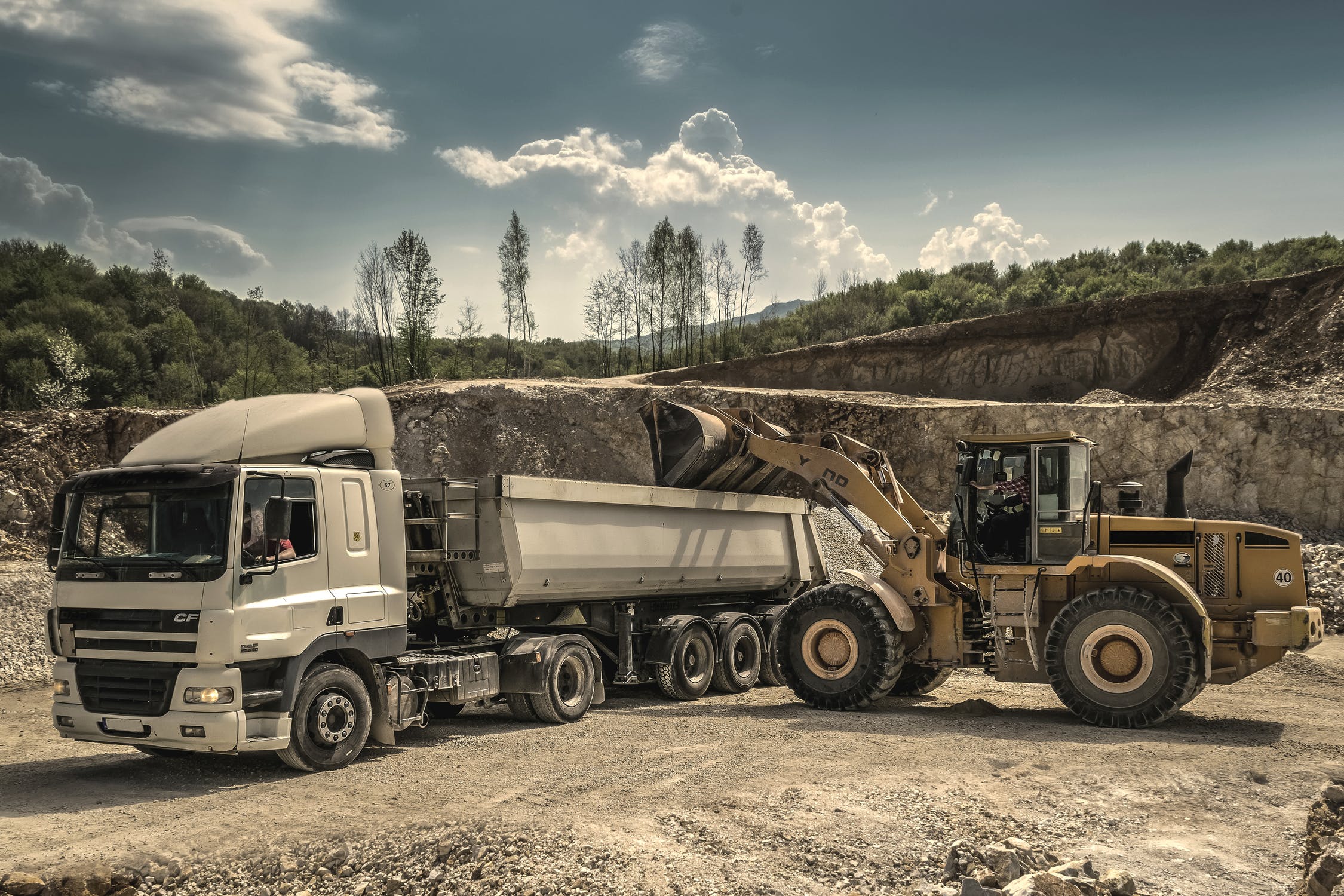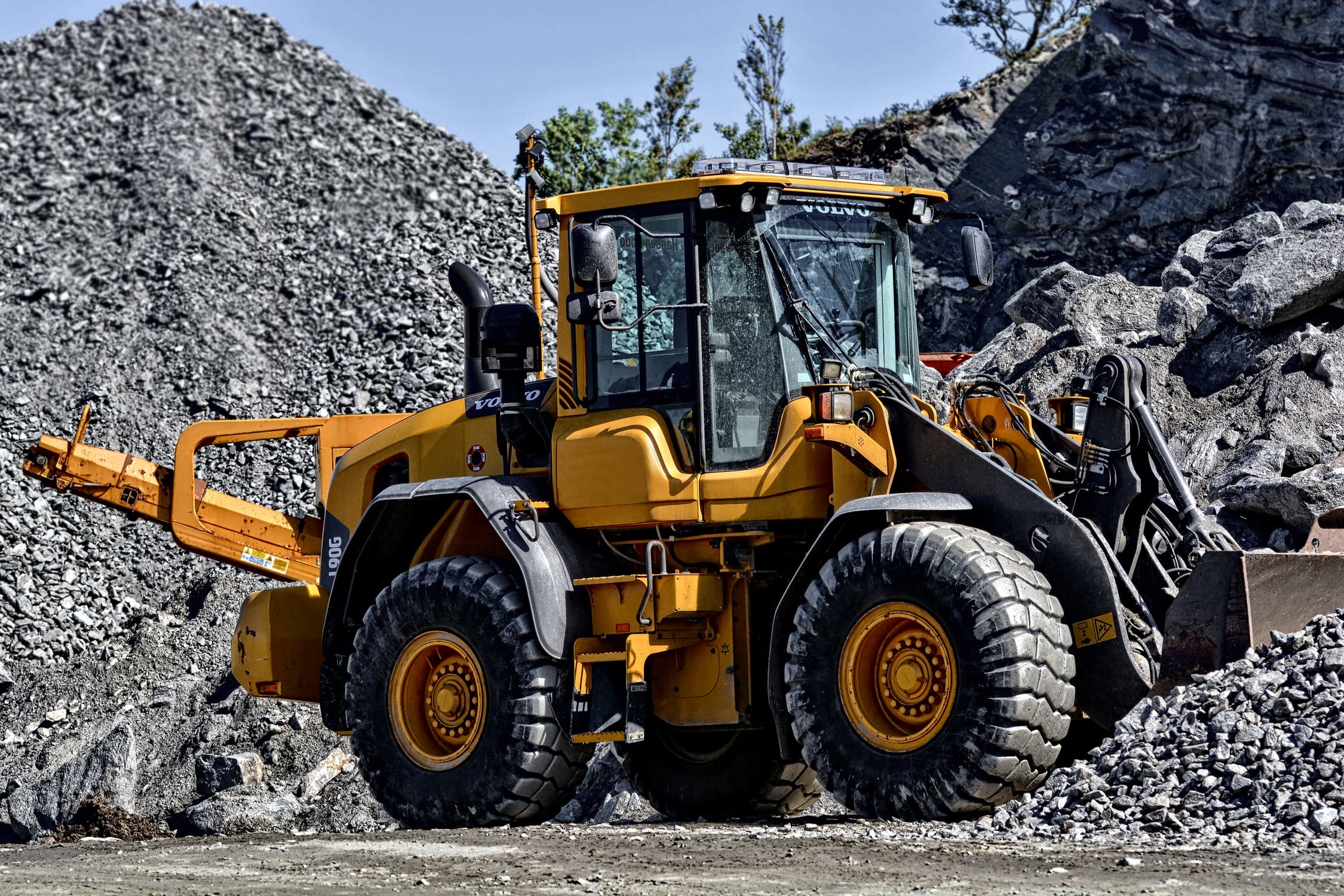Recent Posts
How to protect heavy equipment air filters on dirty worksites
Posted on
For heavy equipment operators, dusty and dirty work conditions are fairly common. Still, that dirty air can devastate what should have been a productive day. The particles filling the air can affect both your machinery.
That is why it is critical to properly control dust at the work site. The same tools used to get the job done at the worksite kick up the dusty air that can cause so many problems if left unaddressed and not properly managed.
Even a tiny amount of dust that reaches the combustion chambers of your heavy equipment’s engine can cause damage. This is why keeping your engine’s air filter clean is a top priority.
However, if you or your equipment operators do not keep a close eye on your air filters, you could be headed toward engine issues and costly repairs. Thankfully, there are several ways to keep dust under control while you and your crew are hard at work.
How air filters protect heavy equipment engines
Before diving into measures you can take to protect your machinery, let’s quickly run down how clean air filters are so critical in protecting engines.
Today’s heavy equipment used on construction sites typically have two-stage filters. A larger primary filter provides the air filtration, while a second smaller filter serves as a backup if the primary filter fails.
The secondary filter is used more as protection and shouldn’t be relied on if the primary air filter does experience failure. It’s only meant to protect the engine until the equipment can get in
Equipment will show signs and symptoms of dirty air filters. Some of those include strange noises coming from the engine, the check engine light turning on, decreased gas mileage and less horsepower, just to name a few.
However, preventative measures can be taken before dirty air filters cause damage to equipment and machinery.
Don’t be alarmed by dirt on your air filters
Air filters keep dirt from entering an engine’s combustion chamber, promoting more efficient and longer-lasting engine performance. This is a dirty job.
That’s why air filters can often appear - on the outside - to be absolutely covered in dust. But dirt on the media, the part of the air filter that holds back contaminants found in the air flowing toward the engine, could actually be a good sign. That dirt could be acting as another form of filter.
Plus, if you pull out an air filter to check its clean side too often, you are increasing the risk of dust or other particles falling onto that side. This could compromise its cleanliness and prevent it from filter air efficiently.
To know reliably how an air filter is performing, you are better off using a restriction gauge.
Check or install restriction gauges on air filters
To determine how dirty and clogged your air filter has become, take a look at the restriction gauge. These are standard on many filters and can be found on the filter housing or the air duct near the housing. Restriction gauges can also be installed aftermarket in most cases.
Where these gauges come in handy most is in severe dust environments, according to Equipment World. Operators in these conditions can check the gauges to prevent using a piece of equipment too long when its air filter is too dirty or damaged.
Even with restriction gauges installed, it’s still possible for today’s engines to operate well beyond its most efficient point. That’s why it’s key to keep an eye on major increases in air pressure, a possible signal of restricted air flow, or a high engine temperature.
Use precleaners to increase filter life
An excellent step in trying to increase your air filter’s life is to add precleaners to your preventative maintenance checklist. Precleaners can remove up to 80 percent of contaminants and can help your primary filter last four or five times longer.
Precleaners, placed upstream of the primary filter, use mechanical separation to remove contaminants and can help by clearing up larger particles in air filters. This process helps increase the lifespan of your air filters.
Many precleaners, Equipment World states, don’t cause much hassle as they are maintenance-free. Some, however, do have a reservoir that holds collected contaminants and must be dumped out from time to time.
Rely on preventative maintenance to avoid big repairs
Preventative maintenance plans - and sticking to their schedules - should almost go without saying for anyone used to handling the demands of heavy equipment. Still, the costs that can be saved by thinking ahead and preventing costly breakdowns are enormous.
So, be sure to create a preventative maintenance plan that includes regular visual inspections, fluid and oil checks, scheduled maintenance, cleaning and regular reports from operators on how machinery is performing.
Awareness of the work environment is an important part of preventative maintenance, too. If your worksite is pretty dusty, then take that into account and stay on top of maintenance schedules even more strictly.
Aside from dust, other environmental factors you should watch include air temperature, moisture and the makeup of the terrain at the site.
Train your heavy equipment operators to keep an eye out for wear and tear at the very least. At most, make sure they’re brought in on what all goes into the preventative maintenance plan for the equipment they handle on a day-to-day basis.
Clean your heavy equipment air filters
You can also clean the air filters that protect your equipments’ engines. Our Filter Blaster products have been tested to safely clean diesel engine air filters - causing no damage - and increase engine performance.
Through these tests, we have found that our air filter cleaners help reduce stress put on engines, increasing engine performance and life while also reducing the need for expensive engine maintenance.
The tests also showed reductions in oil consumption, cleaner burning engines, fewer air filter replacements and help in meeting tougher government fuel efficiency standards.
You can learn more about our air filter cleaner’s advantages over competitors to see how our products truly make an impact.

The Benefits of a Clean Engine Air Filter
When was the last time you changed the air filter in your vehicle? Have you ever changed it? Did you know you should?If it's been a while, you should definitely consider installing a new air filter as soon as possible. Why? Because air filters keep your car running.Though it's only one small component among the [...]

Improve Engine Performance With a Clean Air Filter
You've noticed that your vehicle's engine performance has suffered lately. You've checked everything, including the air filter, but you're not sure if it's dirty enough to replace it just yet. You don't know what the best course of action is.The good news is you don't have to replace your filter. You can actually clean it [...]

Everything You Need to Know About Air Filters
According to trials on 725 Rock Truck (articulated 6*6 dump truck), $10,000 are saved by the owner each year when the air filters of its engine are well-maintained. Doesn't it sound like an amount of savings that is worth the little time we could spend on the filters of our engines? Of course, it is! In order to [...]
 Loading... Please wait...
Loading... Please wait...





